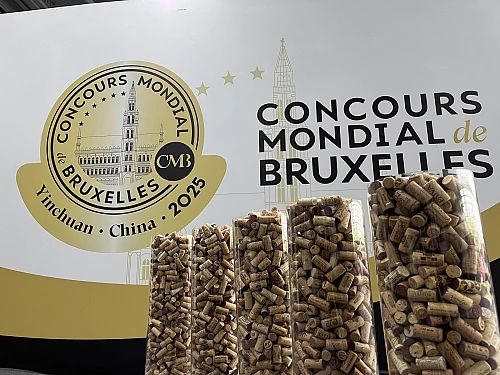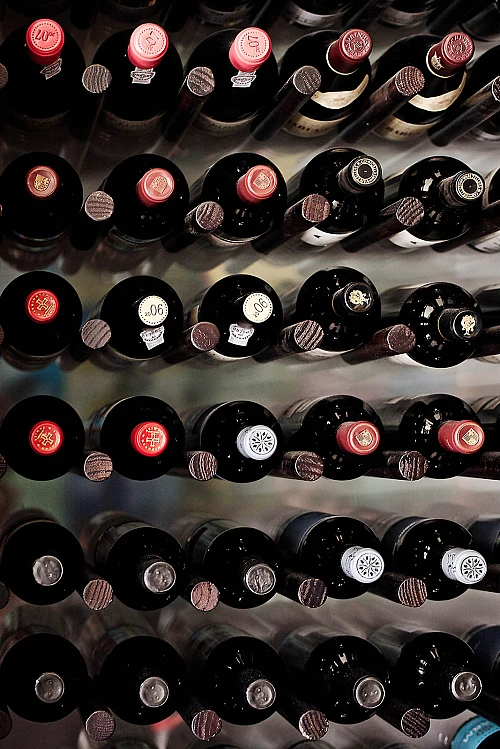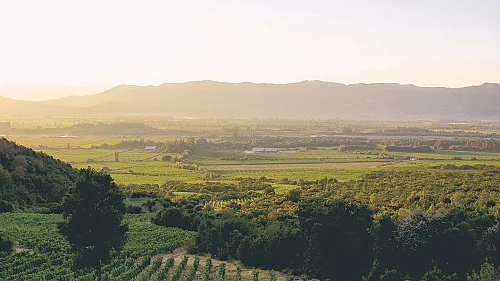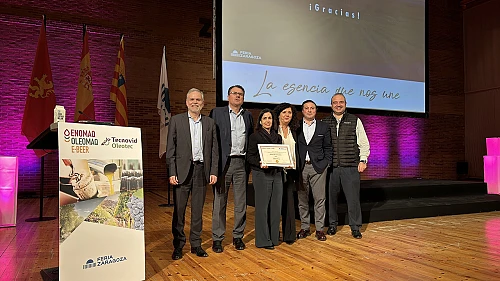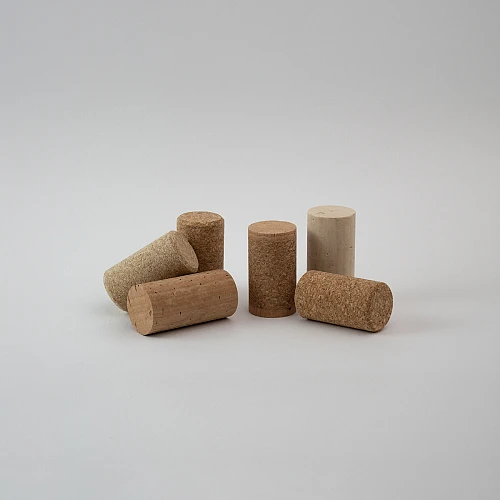- Media Center
- News
News Media Center
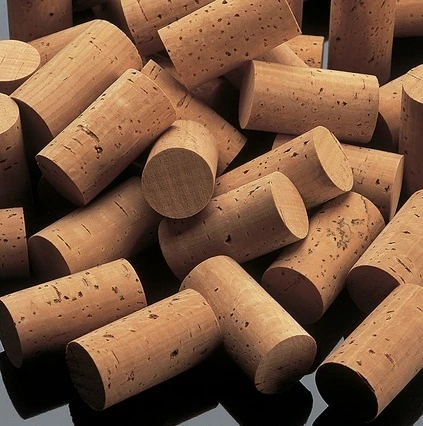
North Americans prefer cork stoppers
Recent market research conducted in the USA and Canada provides further confirmation that cork is the preferred wine stopper for consumers, who are willing to pay a significant premium for cork-finished wines.
The preference for cork delivers a major difference in terms of the sales potential of wines.
According to recent data on the US market disclosed by Nielsen Scanning Statistics, for the Top 100 Premium Wine Brands during the 6-year period between June 2010 and June 2016, cork finished wines have enjoyed a 42% increase in sales compared to a 13% increase for wines using alternative closures.
Over the last six years brands finished with cork have enjoyed more robust sales growth than brands finished with alternatives closures and the number of top brands using cork closures is increasing.
Cork-finished wines retail at a significant price premium. Amongst the top 100 Premium Brands the median sales price for cork finished wines, was $13.56 – which is $3.80 (+39%) higher than the median price of wines sealed with alternative closures.
A separate study for the Canadian market, published in July, 2016 by the American Association of Wine Economists, “Importance of eco-logo and closure type on consumer expectations, price perception and willingness to purchase wines in Canada” indicated that cork finished wines are preferred by Canadian consumers, who are willing to pay CAN$1.69 and CAN$1.29 more for wines sealed with natural corks compared to those sealed with synthetic or screw cap closures, respectively.
The study highlights the fact that for consumers the type of stopper is perceived as a key indicator of both a wine’s quality and also influences perception of its eco-friendliness and thus has a major impact on purchase decisions.
Furthermore, the study revealed that eco- conscious consumers pay significantly greater attention to the use of natural cork stoppers than any other environmental friendly claims, including the presence of eco-logos on the wine label.
Further analysis on recent trends in the North American wine industry is provided in an article published in February, 2016 in The Atlantic magazine, entitled “How Millennials (Almost) Killed the Wine Cork”.
The article suggests that Millenials (i.e. persons born after the mid-1980s) were initially keen to try out alternative closures, as part of a wider attraction to try out new trends, but have now shifted strongly back in favour of cork, in particular due to its quality and sustainability credentials.
The article clarifies that key factors explaining the progressive appeal of cork amongst all wine consumers, including Millenials, are the rigorous quality control measures that have been adopted in the cork industry, delivering a 95 percent reduction in TCA since 2001 according to tests conducted by the Cork Quality Council, and growing awareness of cork’s multiple environmental benefits.
These findings for the North American market confirm recent market research that has consistently shown that over 85% of wine consumers in other key world markets - such as France, China, Italy and Spain – overwhelmingly prefer cork, which is valued as a guarantee of quality, a natural and environmentally friendly closure, and an integral part of the wine and spirits experience.
